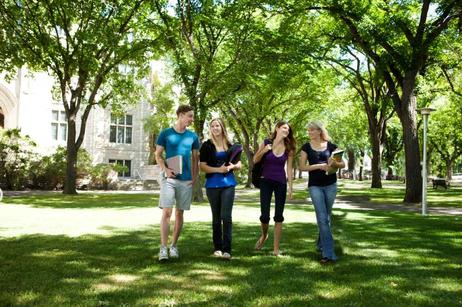Many people find the admissions process to private schools intimidating, confusing, complicated and, perhaps, a tad invasive. "Why do they have to know so much about me?" is the question which keeps popping up as you peruse all those admissions materials.
The truth is that admission is more than test scores and a faultless transcript. The school wants to get to know you as much as possible. Who are you? What subjects do you like? What sports do you enjoy? What is your favorite pastime? Behind all those recommendations and test scores is a real person with dreams, aspirations and hopes. A private school wants to encourage you and help you be all you can be.
The other thing which the admissions staff looks for is the fit. Are you a good fit for their school? Can you do the academic work? Will you be a congenial member of the school community? Yes, those are the same questions which you and your parents have been asking as you evaluate schools. Your admissions profile offers the school a fairly complete picture of you, your academic strengths and weaknesses, the sports you like, your hobbies, and so on.
While this video describes a college admissions profile, private school admissions profiles are very similar.
What Are They Looking for?
The admissions staff are not looking for geniuses or stars. If you have good math grades and think that


































